In western countries such as America, Australia and the United Kingdom, gender inequality may seem like an issue of the past. In a world where women are given the same educational opportunities as men and have the ability to work in the career of their choice, it may be hard to imagine living in a time when this was not so.
In the not too distant past, however, the world was very different. Women were not considered equal to men. They were expected to be mothers, wives and housekeepers. They were not given a choice between children and a career. They were certainly not allowed to do both.
Young women of today are very lucky that they do have more choice and control over their lives that ever before. Thanks to those women and men of the past, who fought for equality for the sexes, women can now choose to have a career, or they can choose motherhood instead of having it forced upon them.
The following books are all considered groundbreaking texts of the feminist movement and helped pave the way for change.
These are all must reads for those interested in the history of feminist theory, the evolution of ideas and the fight for gender equality.
The Vindication of the Rights of Women – Mary Wollstonecraft
The Vindication of the Rights of Women by British writer Mary Wollstonecraft is one of the earliest printed works of feminist theory.
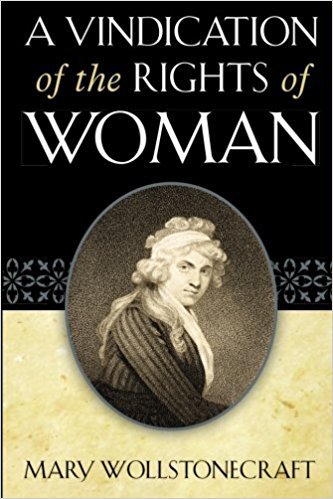
This text was written as a means of responding to educational theorists of the 18th century who did not believe that women should be allowed an education.
It was commonly believed that women were fragile creatures, incapable of abstract or rational thought, and therefore unable to be educated. Wollstonecraft took offense to this and argued against these beliefs, stating that women are human beings, just like men, and therefore, women should be entitled to an education.
Considered a radical feminist text of its time, The Vindication of the Rights of Women is a must read for anyone serious about learning the history of the feminist movement, and those interested in exploring its beginning.
The Second Sex – Simone de Beauvoir
The Second Sex was written by French existentialist Simone de Beauvoir.
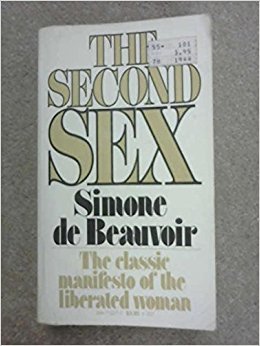
This text explores the treatment of women throughout history, the meaning of "gender" and what it means to be a woman.
This text is considered one of the major works of feminist literature and is considered required reading for those studying feminist theory.
The Feminine Mystique – Betty Friedan
The Feminine Mystique was written by Betty Friedan. This text has been credited with being the force behind the beginning of the second-wave feminist movement of the 1960s and is considered one of the most influential books of the 20th century.

After conducting a survey of some old classmates, Friedan realised many of them were unhappy with their roles as mother and housewife. Friedan coined this "the problem with no name", and wrote about this in detail in The Feminine Mystique. Here she delves into the issues surrounding marriage, motherhood, the impact the media had on women's image of self and the pressure to conform to society's expectations of what a woman should be.
This is a major work of feminist theory and is an important read in understanding the second-wave feminist movement.
The Female Eunuch – Germaine Greer
The Female Eunuch by polemicist Germaine Greer, is probably the most recognised text that deals with feminist theory. This book was an international bestseller of it's time, and is considered a key text in the feminist movement.
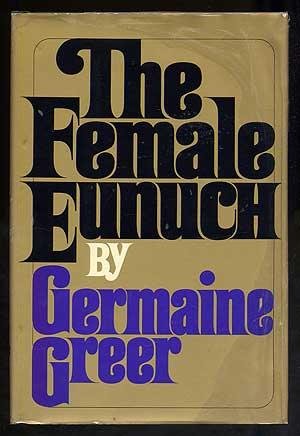
Divided into four sections, Greer explores women's perceptions of self, the masculine shaping of gender stereotypes, and female sexuality. Greer challenges the concepts of marriage, the nuclear family and motherhood.
The Female Eunuch is a radical feminist text and has been criticised for its negativity towards motherhood and the family. Despite this, The Female Eunuch is a must read for those wishing to understand the evolution of the feminist movement.
The Beauty Myth: How Images of Beauty are Used Against Women – Naomi Wolf
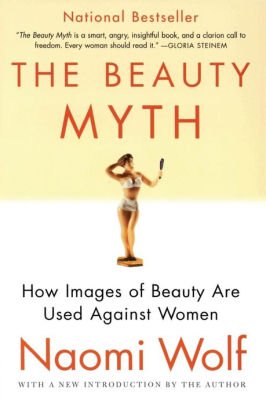
The Beauty Myth by Naomi Wolf deals with the socially constructed values of 'beauty' and how these affect women.
Wolf tackles issues of cosmetic surgery, eating disorders and how the media portray beauty. She argues that even though women have more rights than ever before, and are now able to gain positions of power in the home and in their chosen careers, they are still being crippled by self-image problems due to forced beauty standards.
Despite all of the progress made for women in both the first and second-wave feminist movements, Wolf argues that society still has a long way to go.
Female Chauvinist Pigs: Women and the Rise of Raunch Culture – Ariel Levy
Female Chauvinist Pigs by Ariel Levy is a critique on feminist culture and social norms in modern America and other western countries.
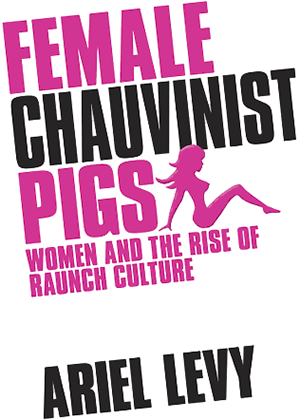
Levy talks about how modern women are confusing sexual objectification with feminism and how this is played upon in the media. Using examples of the popularity of the Playboy franchise, pole dancing and "Lipstick Feminism", Levy argues that the media and mass culture have twisted feminist theory into a perverse and sexually orientated tradition. Levy points out how modern women aspire to be the "hottest and sexist girl", rather than working towards having a fulfilling career or achieving something of merit.
Levy argues that stripping, girl on girl action, and revealing clothing are not empowering as the media would have you believe, but are exploitation. Not only that, but they are contrary to the goals of the feminist movement. She also discusses how women objectify each other to reach their own goals, instead of working together for equality.
Female Chauvinist Pigs raises some excellent points about how modern perceptions of feminism have changed since the second-wave feminist movement. Levy also explores what could have gone wrong in the 1960s' movement, to result in the problems we are seeing today.
This is a must-read modern feminist text which explores the current, popular culture of raunch feminism.
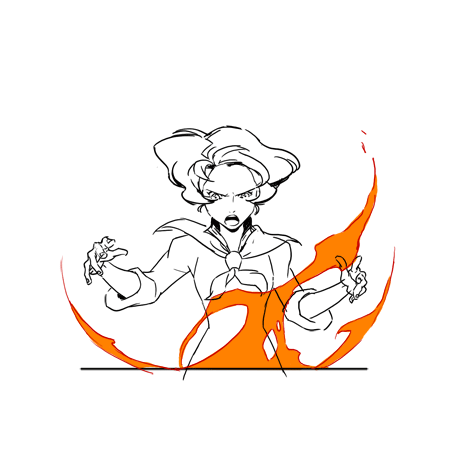

when freedom comes..responsibility grows..let humans be more wise.
Downvoting a post can decrease pending rewards and make it less visible. Common reasons:
Submit
Good point you have there @sabari18
Downvoting a post can decrease pending rewards and make it less visible. Common reasons:
Submit
Congratulation! You got an upvote from me.
I give free upvotes to all quality posts under the tag “feminism”. You can tag me in the post if I forget or send me a reminder. I will not upvote if the post is not relevant and wrongly tagged under “feminism”.
You can consider joining our Facebook group - https://www.facebook.com/groups/societyofpowerfulwomen/
Downvoting a post can decrease pending rewards and make it less visible. Common reasons:
Submit
Thanks
Downvoting a post can decrease pending rewards and make it less visible. Common reasons:
Submit
What a wonderful review.
I am certainly glad to see you using the adsactly tag, and I would like to suggest that you join our Discord server so this post could be eligible for our post of the day consideration. https://discord.gg/h845FB
Downvoting a post can decrease pending rewards and make it less visible. Common reasons:
Submit
Thank you! Will definitely join when I find time sir
Downvoting a post can decrease pending rewards and make it less visible. Common reasons:
Submit
Congratulations @firelady! You have completed some achievement on Steemit and have been rewarded with new badge(s) :
Click on any badge to view your Board of Honor.
To support your work, I also upvoted your post!
For more information about SteemitBoard, click here
If you no longer want to receive notifications, reply to this comment with the word
STOPDownvoting a post can decrease pending rewards and make it less visible. Common reasons:
Submit